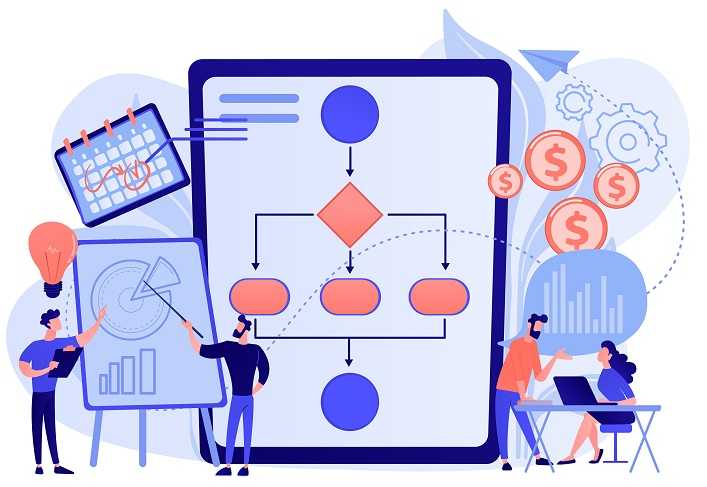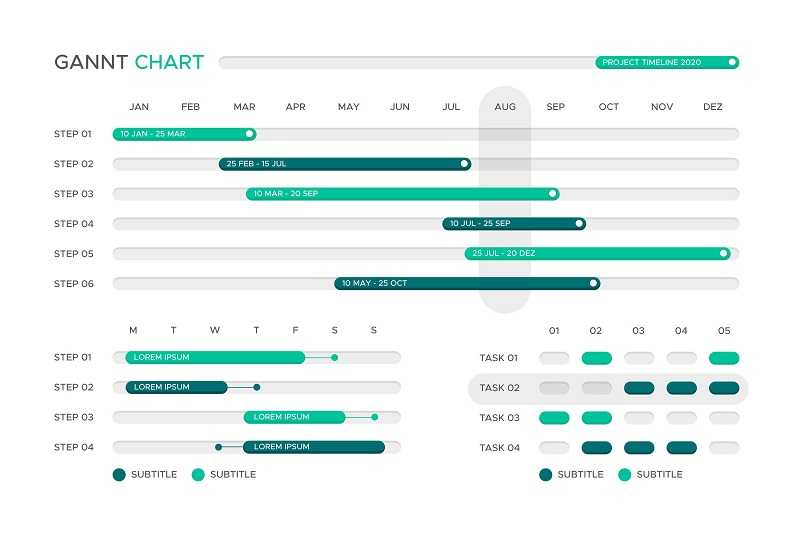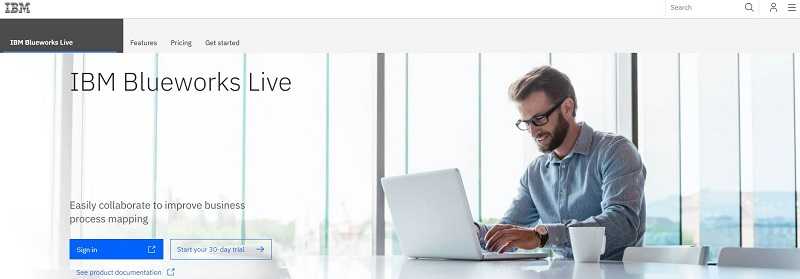What Exactly Is Business Process Modeling Notation?

Business Process Modeling Notation, BPMN establishes a straightforward and intelligible language for generating Business Process models while simultaneously providing the meanings and possible reasons to deal with the increasing difficulties of Business Processes.
What exactly is Business Process Model and Notation
Business Process Modeling Notation, BPMN is a flowchart modelling approach for the stages of a business expansion process from beginning to end.

It is an important aspect of Business Process Management because it clearly illustrates the chain of business development and information flows needed to pass a business process.
Goals of Business Process Modeling Notation
The goal of business process modeling is to boost efficiency and productivity while improving performance.
The tools are essentially visual aids that can quickly and clearly tell a story about a process, such as booking an airline ticket, fulfilling online orders, or transferring funds from one bank account to another.
Its goal is to create models that show how to increase efficiency, account for new circumstances, or gain a competitive advantage.
Modeling of Business Process Modeling Notation
Business Process Modeling Notation is a model and notation that is solely for Business Processes. It serves two purposes:
• Giving businesses the ability to visualize their internal business procedures in a graphical format
• Making it easy to consistently convey these practices.
Tools and techniques of Business Process Modeling Notation
Here are some common business process modeling tools and techniques:
Flowcharts
A flowchart is a visual representation of a process that may be simply constructed with free software.
Flowcharts have a beginning and an endpoint. Symbols such as circles, squares, and diamonds are commonly used to represent events or activities, while arrows are used to indicate sequential flow and connections between steps.
Functional Flow Block
To describe requirements in functional terms, a functional flow block diagram (FFBD) is used.
The FFBD is functionally oriented and illustrates the functional architecture of a system, rather than being solution-oriented like a flowchart.
A FFBD identifies and defines elements such as equipment, training, and software, ties support requirements to specific functions, and establishes proper sequencing.
Control Flow
A control flow diagram is used to depict the normal flow of a process with the addition of constraints and limits. Control flow diagrams show how different conditions, such as alternate operations, extra data or equipment, or alternative inputs, affect the flow of a process.
Gantt Diagram
Another way to visually communicate information is to use a Gantt chart. Gantt charts, are typically bar charts, focus on the activities and tasks that are involved in a process and are depicted sequentially and against a timeline.

They also depict the interdependencies between activities. A Gantt chart allows a professional to see whether a project is on track, ahead of schedule, or behind schedule at a glance.
Best practices for BPMN
Although there are no hard and fast rules in BPMN, there are some best practices that can be used in the naming and layout of process activities. Consider the following:
- Use words that are commonly used in a business setting. Use common abbreviations, articles, and pronouns sparingly.
- If a start event is used, a stop/end event must also be used.
- Attempt to fit as many diagrams as possible onto a single page.
- Reduce crisscrossing to improve readability.
Softwares of Business Process Modeling Notation
The Best BPMS Software are as follows:
BPMN Software #1: Monday
Monday.com is an excellent BPM tool since it has taken away many of the hooks and fancies of standard management systems, concentrating rather on basic, graphically intuitive designs that aid in the clarification of work patterns.

Monday.com offers project management tools like as resource and project management, time tracking, interaction, and statistics. Users can, for example, attach files to cards, leave comments, mention teammates, and so on.
BPMS Software #2: Process Bliss
Process Bliss is a powerful business process management system for smaller businesses.
The application provides powerful templates themes and an effective workflow designer that allows decision splitting, loops, dependent due dates, and data and file capture inside a recognisable procedure flowchart interface.

Business processes can be simply created by even non-technical individuals.
BPMS Software #3: Blueworks Live
IBM is a company that specializes in Blueworks Live as a business application that helps you document, improve, and automate your workflows.
It includes features such as drag-and-drop process mapping, beginning templates, embedded tutorials, real-time interaction, a central business process repository etc
Blueworks Live fulfills usability rating criteria due to how straightforward and simple the implementation is. It's easy to start with fundamental activities like recording and developing processes using the exploration map.

The approach has experienced a standardization drive in recent years, and it is now called by a somewhat different name: Business Process Model and Notation.
Note that it's not the same as Unified Modeling Language, which is a software design language.
Author Bio
Writer comprises full-time and freelance writers that form an integral part of the Editorial team of Hubslides working on different stages of content writing and publishing with overall goals of enriching the readers' knowledge through research and publishing of quality content.
Article Comments
No Comments!
At present there are zero comments on this article.
Why not be the first to make a comment?
Similar Articles
Sponsor
Search Articles
Experts Column
Latest Articles
Featured Articles
Most Popular Articles












